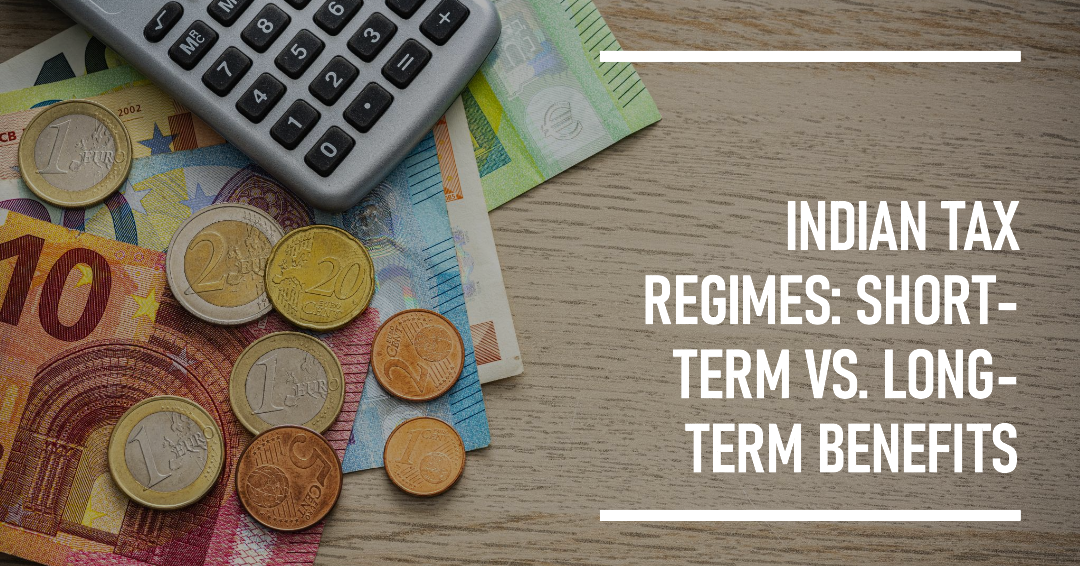Understanding Indian Tax Regimes: Short-Term Gains vs. Long-Term Benefits

As the tax-saving season approaches, Indians face a critical choice between two regimes: the New Regime offering immediate cash flow advantages and the Old Regime promising long-term investment benefits. Which way are preferences tilting, and why?
In recent assessments by AceHub.in, the Old Regime emerges as the preferred choice among Indian taxpayers. But what lies behind this preference?
The Dichotomy of Choices
New Regime: Short-Term Cash Flow
The New Regime tantalizes with its immediate cash flow advantages. It simplifies tax calculations and offers reduced tax rates, putting more money in the hands of taxpayers right away. For those seeking instant relief, this regime holds significant appeal.
Old Regime: Long-Term Investment Benefits
Conversely, the Old Regime seems to capture attention due to its emphasis on long-term investment benefits. It provides numerous deductions and exemptions, encouraging taxpayers to invest in various avenues like provident funds, insurance, and more. These avenues not only reduce taxable income but also promote financial prudence and wealth creation in the long run.
The Old Regime's Winning Streak
AceHub.in's analysis substantiates the Old Regime's dominance for several reasons:
1. Tax Planning Flexibility: The array of deductions and exemptions allows for strategic tax planning, aligning with individual financial goals.
2. Wealth Creation Opportunities: By incentivizing long-term investments, the Old Regime promotes savings and wealth creation, fostering a more financially secure future.
3. Risk Mitigation: Investments in avenues like insurance and provident funds not only offer tax benefits but also act as safety nets during unforeseen circumstances.
4. Familiarity and Trust: Many taxpayers are comfortable and familiar with the Old Regime's workings, fostering a sense of trust and reliability.
The Road Ahead
While AceHub.in's insights indicate a preference for the Old Regime, the choice ultimately rests on individual financial objectives. Some may prioritize immediate cash flow, while others may value long-term wealth creation.
The upcoming tax-saving season prompts a crucial decision. Taxpayers must carefully assess their financial aspirations, weighing short-term gains against long-term benefits to make an informed choice that aligns with their financial well-being.
As the debate between short-term convenience and long-term prosperity continues, AceHub.in's findings highlight the enduring appeal of the Old Regime among Indian taxpayers. Ultimately, the decision lies in striking a balance between immediate tax relief and securing a financially robust future.
This article serves as an informative guide and encourages readers to consult with financial advisors before making tax-related decisions.
Call: 7065662965
Email: info@acehub.in